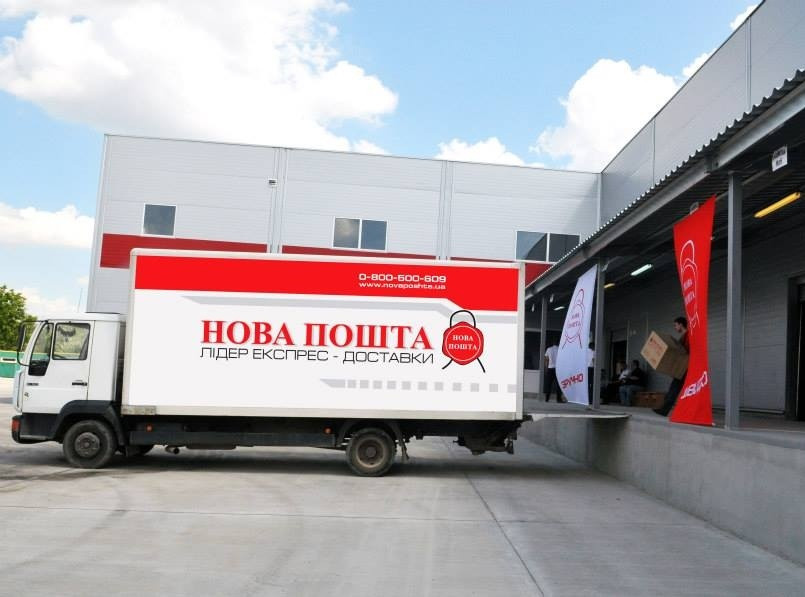Earlier this month the EBRD announced its intention to provide a seven-year multicurrency loan of up to €9.5 million to Nova Poshta, Ukraine’s largest privately owned postal service provider company with 2,300 branches across the country.
The money will be used to build a new, automated cross-docking parcel sorting terminal in Khmelnitskiy, western Ukraine, as well as to improve the fleet utilisation by 25% on inter-city routes and reduce the annual CO2 emissions by the range from 1,200 to 1,570 tonnes by the end of 2020.
The new terminal will be able to sort up to 18,000 parcels per hour, reads Nova Poshta’s press release.
The company will also benefit from a FINTECC $225,000 incentive grant “to transfer technology in the area of climate change mitigation and adaptation.”
To ensure the eco-friendliness of the future terminal, Nova Poshta is planning to install solar panels, LED lighting system and pellet-powered air heating system there.
Within the next five years, Nova Poshta is seeking to erect modern automated sorting terminals in six key Ukrainian cities, in addition to Khmelnitskiy, according to Vyacheslav Klimov, General Director and co-owner of the company.
The three-year FINTECC program was launched in Ukraine in February 2016. It is supported by $ 7 million of grant funding from the Global Environment Facility (GEF) and a €4 million grant from the EU’s NIF.
As of the beginning of the year, the total of 16 Ukrainian companies received Climate Innovation Vouchers (CIVs) worth €560,000 in total as part of the CIV project initiated by the FINTECC program. With a total budget of €1 million, the program is expected to support around 50 innovative projects in Ukraine until the end of 2018.
Ukraine has become the first of the EBRD’s countries of operations to benefit from the CIVs, where the project is implemented by Greencubator, a local non profit which promotes green entrepreneurship in Ukraine.
The EBRD is the largest international financial investor in Ukraine. To date, the Bank has made a cumulative commitment of almost €12.1 billion across some 400 projects since the start of its operations in the country in 1993.



